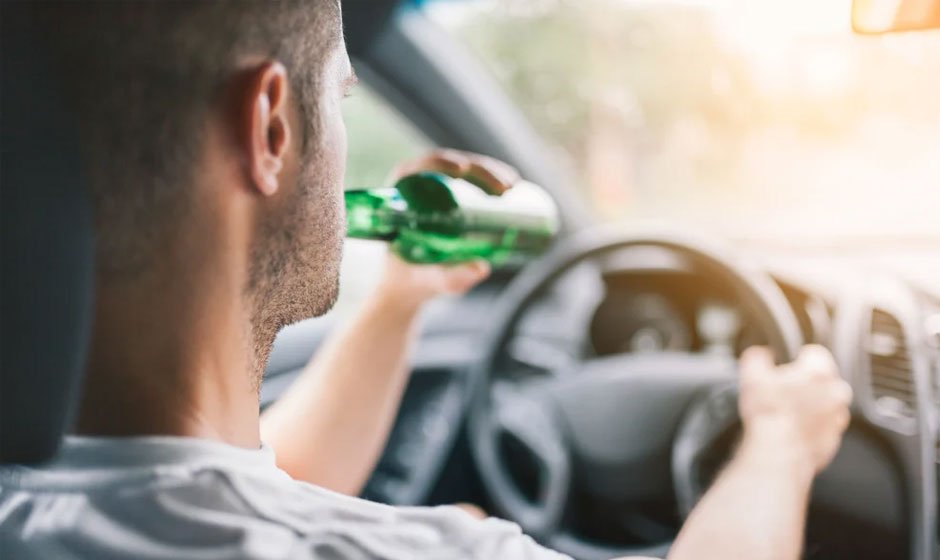In today’s world, obtaining a driver’s license is often seen as a rite of passage, granting independence and freedom. It unlocks the ability to commute to work, run errands, and participate in social activities – all within the comfort of one’s own vehicle. However, for individuals with a criminal record, this privilege can be jeopardized. Understanding how criminal offenses can impact driving privileges is crucial, as the consequences of losing this ability can be far-reaching.
Types of Criminal Offenses Impacting Driving Privileges
Traffic violations are the most common offenses that directly affect driving privileges. Driving under the influence (DUI) or driving while intoxicated (DWI) is a serious offense that can lead to license suspension or revocation, depending on the severity and number of prior offenses.
Usually, a DUI conviction can result in a license suspension, while repeat offenders face progressively harsher penalties. Beyond DUIs, other traffic violations such as reckless driving, excessive speeding, or accumulating a certain number of points within a specific timeframe can also lead to license suspension.
Criminal offenses unrelated to traffic violations can also impact driving privileges, but the specifics vary by state. In general, offenses that demonstrate a disregard for public safety or a propensity for violence can lead to license suspension or revocation. Examples include theft of a vehicle, hit-and-run accidents, or violent crimes. The severity of the offense, along with the individual’s criminal history, will be considered by the Department of Motor Vehicles (DMV) when determining the impact on driving privileges.
The Repercussions of Losing Driving Privileges
The loss of driving privileges can have significant repercussions on an individual’s life. Transportation becomes a major hurdle, impacting the ability to commute to work, run errands, attend appointments, or participate in social activities. This can lead to job loss or difficulty securing employment, especially in fields that require driving as part of the job description.
Relying on public transportation can be time-consuming and inconvenient, particularly in areas with limited service. Additionally, individuals may have to depend on friends or family for rides, creating a burden on others and potentially straining relationships.
The Path to Regaining Driving Privileges
The process for regaining driving privileges after a suspension or revocation varies depending on the severity of the offense and the state’s specific regulations. Common steps typically involve completing court-ordered programs such as alcohol or drug education classes, paying all associated fines and fees, and potentially demonstrating proof of financial responsibility through car insurance. In some cases, individuals may be eligible for a restricted license that allows them to drive only for specific purposes, such as commuting to work or attending court-ordered programs.
Time also plays a crucial role in regaining driving privileges. There is usually a waiting period after completing all court-ordered requirements before an individual can apply for reinstatement. The length of this waiting period varies by offense and state. After reinstatement, maintaining a clean driving record for a designated period is essential to avoid further license suspension.
The Importance of Responsible Driving
While regaining driving privileges follows a legal process, the importance of responsible driving behavior cannot be overstated. Beyond the legal repercussions, driving under the influence or engaging in reckless behavior poses a significant threat to oneself and others on the road. DUIs and other traffic violations can result in serious accidents, injuries, and even fatalities.
Making responsible choices behind the wheel not only protects one’s driving privileges but also ensures the safety of oneself and the community. Several additional factors can influence the impact of a criminal record on driving privileges. The age of the offender at the time of the offense may be considered, with some states being more lenient towards youthful offenders.
Furthermore, some states offer programs that allow individuals to have certain offenses expunged from their record after a specific period of good behavior. Consulting with a DUI defense attorney specializing in traffic law can be beneficial to understand the specific regulations within a particular state and explore options for mitigating the impact of a criminal record on driving privileges.
Driving privileges offer a significant degree of freedom and independence in modern life. However, a criminal record can jeopardize this ability. Understanding the types of offenses that can impact driving privileges and the potential consequences of losing them is crucial.
While the process for regaining driving privileges can be challenging, completing court-ordered programs, adhering to waiting periods, and maintaining a clean driving record are key steps towards regaining this important right. Ultimately, responsible driving behavior not only protects one’s driving privileges but also ensures the safety of everyone on the road.

